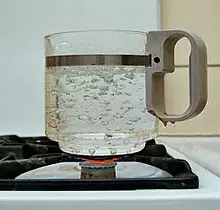I have a new charcoal canister installed. I did notice that today, on a very hot day the gas cap did release a small bit of air pressure. After shutting down the truck
I hear these gurgling sounds coming from the gas tank. I looked underneath and can hear the sounds coming from the gas tank. It sounds like there are large
air bubbles in the gas tank. The sounds continued for at least 10 minutes even after I removed the gas cap. It sounds like never ending air bubbles in the gas
tank that isn't stopping.
What could this be?
Where would I troubleshoot it first?
If I didn't hear the sounds, I would think the truck is running perfect.
I hear these gurgling sounds coming from the gas tank. I looked underneath and can hear the sounds coming from the gas tank. It sounds like there are large
air bubbles in the gas tank. The sounds continued for at least 10 minutes even after I removed the gas cap. It sounds like never ending air bubbles in the gas
tank that isn't stopping.
What could this be?
Where would I troubleshoot it first?
If I didn't hear the sounds, I would think the truck is running perfect.

